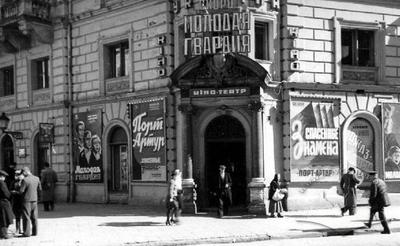
Movies and Lviv: Communities
"Movies and Lviv: Communities" – the collection of interviews, dedicated to Lviv movie clubs, which existed in the city during Soviet times and perion of independence.
Please note - You do not have the rights to view the full description and audio for the interview.
Please to login, sign up or request access.

"Movies and Lviv: Communities" – the collection of interviews, dedicated to Lviv movie clubs, which existed in the city during Soviet times and perion of independence.

"Lviv Theatres after 1945" is a collection of oral history of Soviet and post-Soviet theatre community of Lviv, which aims to reflect the history of the urban theatrical landscape in the postwar and Soviet periods through the lens of the personal stories of its participants.
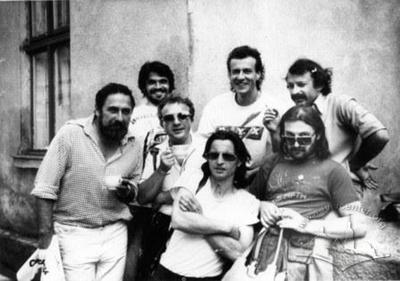
"Lviv Creative Communities" is a research project, dedicated to the relations between spaces, communitites, contexts, and knowledge in the creative environment of late Soviet Lviv.

The collection of interviews on post-war Pidzamche, one of the oldest Lviv districts about the relation to the space of home, street, and city in general.

The project “Lviv in the 20th Century: The History of One Street” was one of the first oral history studies implemented by the Center for Urban History. It aimed to document the stories of current residents of Bohomoltsia Street.

This study is a joint project of the International Renaissance Foundation and the Center for Urban History of East Central Europe implemented as part of a broader international research project on “Region, Nation and Beyond: An Interdisciplinary and Transcultural Reconceptualization of Ukraine”.
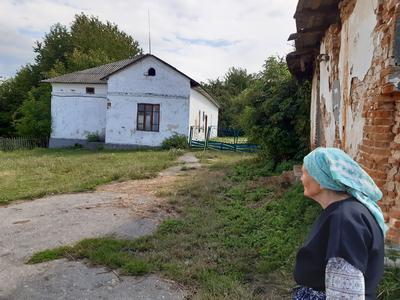
The interviews conducted as part of the project show how the void was filled after the social groups, representatives of ethnic or professional communities were evicted by the war and post-war changes.
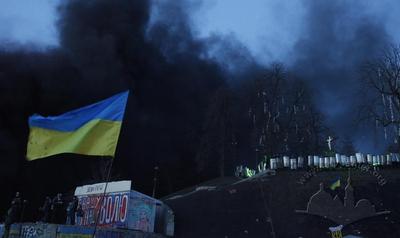
What was it like to be a protester at the Maidan, at different times, in different cities? What did people who joined the Revolution of Dignity believe in, what did they wish to achieve? These are only some of the questions this interview collection tried to answer.
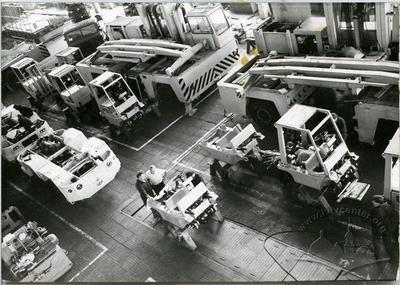
We are collecting biographies of labor – they are not only about work but about people and their lives. The interviewers represent workers from Lviv Bus Manufacturing Plant, Fork Truck Plant, Poliaron, Mikroprylad, “Avtobusprom” Institute of Bus Building, and ”Promin” production.
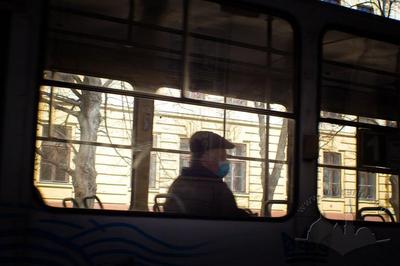
The collection consists of quotes from the texts sent to the competition "Quarantine Experiences", which the Center for Urban History organized in collaboration with the Programs of Cultural Studies, Sociology and Master's Program in History of the Ukrainian Catholic University in 2020.
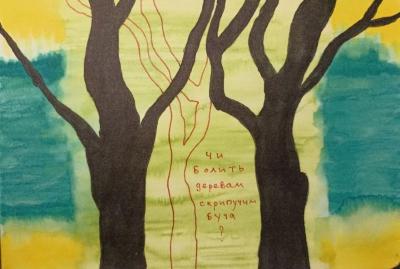
This project records, disseminates, and analyzes Ukrainian experiences of the 2022 war. We envisage that individual feelings, as well as collective experiences, will become an archive – source for the researchers and historians of the future.